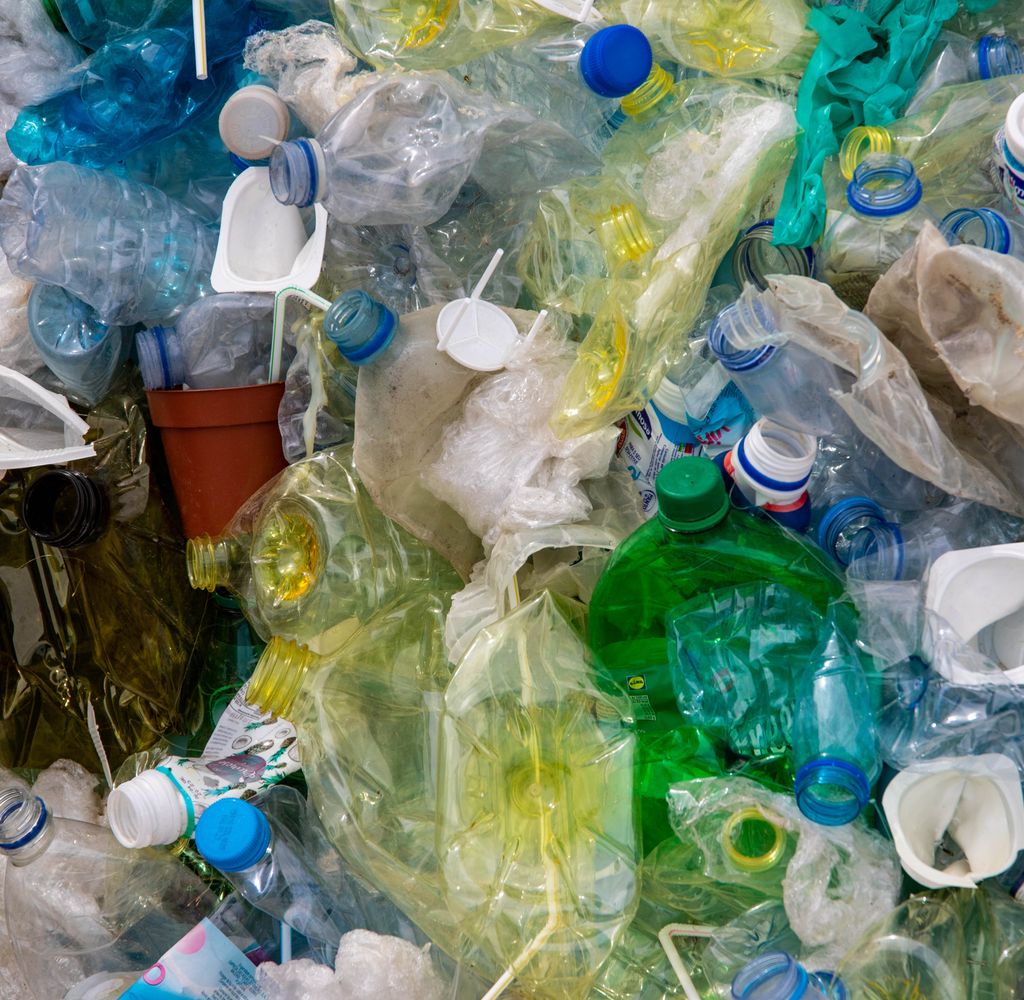3 Mins Read
In keeping with the 2020 policy that was unveiled by the National Development and Reform Commission, in 2021, China has banned single-use plastic straws and shopping bags in major cities in an effort to reduce the increasing plastic waste in the country.
The policy will be executed over five years, with China completing Phase One of the plan which involves paper straws or poly-lactic acid straws replacing plastic ones in food stalls and coffee shops across the country. Aside from this, supermarkets have stopped offering customers items in plastic bags- with the new option, shoppers can opt for recyclable bags at a price.
The plan also calls for the restaurant industry to ban single-use straws, as well as reduce the use of single-use plastic items by 30% with hotels advised to not offer free single-use plastic items by 2025.
Those who violate this ban will be fined between Yuan ¥10,000 (US$1,400) and Yuan ¥100,000 (US$14,200).
In Phase Two of the plan, plastic bags will be banned across all cities and towns- this will happen in 2022. However, markets selling fresh produce will be given more time, with a full single-use bag ban to happen by 2025. Aside from this, the production and sale of plastic bags that are less than 0.025mm thick will also be stopped.
According to a 2018 article, China produced 60 million tonnes of plastic waste in 2010, followed by the U.S. at 38 million tonnes, with the research stating ‘relative global picture is similar in projections up to 2025’.
According to a Hua’an Securities prediction shared on China Global Television Network (CGTN), by 2025 “the consumption demand of domestic degradable plastics is expected to reach 217 tonnes, with the market scale values Yuan ¥47.7 billion (US$7.3 billion).” By 2030, “the demand is expected to reach 388 tonnes, with a market worth Yuan ¥85.5 billion (US$13.9 billion).”
China has made previous attempts to reduce its plastic waste. Back in 2008, the country banned retailers from offering free plastic bags and banned the production of ultra-thin plastic bags. In 2017, the country that was once the world’s largest importer of plastic waste mentioned that it would subsequently ban the import of foreign plastic waste.
China’s largest landfill dump, the size of around 100 football fields, is already full, 25 years before schedule. This plan may help China to effectively tackle plastic pollution as it aims to reduce waste in major landfills as well as set up a plastic management system and accelerate the development of sustainable alternatives by 2025.

Earlier last year, Thailand also announced that it would ban single use plastics in major stores with 2021 seeing an overall ban. Malaysia too sent back 150 shipping containers of illegally imported plastic waste back to their countries of origin. Yeo Bee Yin, Environment Minister of Malaysia had said: “[We] will take the necessary steps to ensure that Malaysia does not become the garbage dump of the world.”
More recently in Singapore, an initiative by the World Wide Fund For Nature (WWF) saw over 300,000 bags being saved every month.
127 countries around the world have set up various regulations to combat the plastic crisis, for instance Germany banning single-use plastics and Japan implementing a charging scheme to reduce plastic waste.
Apart from plastic, China is also said to be the single largest international consumer of illegally-felled wood, and to combat this, Beijing amended its law to help timber-producing countries tackle corruption in forestry, with an aim to protect forestry resources and supporting a ban on the cutting of natural forests.
Lead image courtesy of Artem Beliaikin/Pexels.



